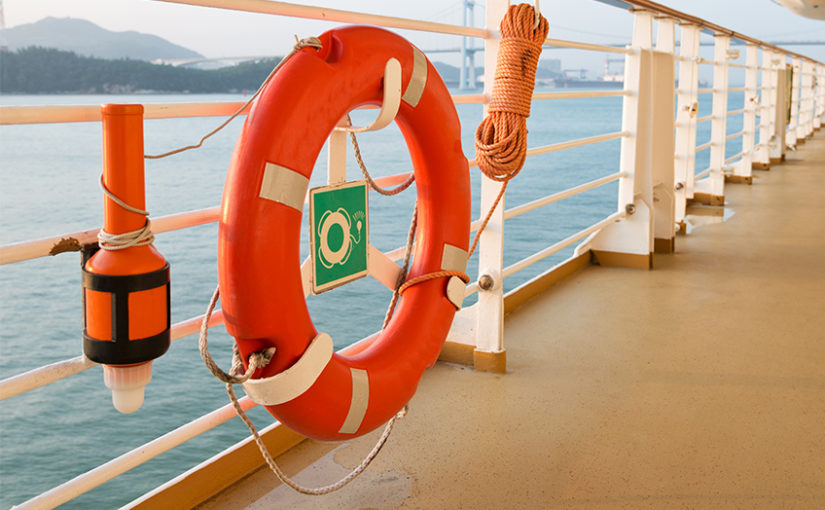Enhancing Maritime Safety: Collaborating with Oil and Gas Operators on Inspection of their Chartered Fleet
The oil and gas industry plays a pivotal role in meeting the world’s energy demands. This sector relies heavily on maritime transportation to transport resources efficiently and securely. Ensuring the safety and compliance of the vessels involved in this crucial task is of paramount importance. Maritime inspection and certification bodies play a vital role in collaborating with oil and gas operators to uphold the highest standards of safety, environmental protection, and operational efficiency.
The Importance of Maritime Inspection:
Maritime inspection is a comprehensive process that evaluates the condition, safety, and regulatory compliance of vessels. For the oil and gas sector, this becomes particularly critical, given the high-risk nature of transporting hazardous substances across vast distances. Inspections help identify potential hazards, maintenance issues, and ensure vessels are well-prepared to withstand the rigors of the industry.
Collaboration with Oil and Gas Operators:
Being an inspection body, INTLREG collaborate closely with oil and gas operators to conduct inspections on their chartered fleet. This partnership fosters a proactive approach towards safety and compliance. Key areas of collaboration include:
- Tailored Inspection Plans: Each vessel is unique, and its inspection plan should be tailored accordingly. By understanding the specific needs and operations of oil and gas operators, INTLREG can design customized plans that address the inherent risks associated with transporting these valuable resources.
- Risk Assessment and Mitigation: Working with oil and gas operators, INTLREG assess the risks involved in transporting different types of cargo. They then collaborate to develop robust risk mitigation strategies, ensuring that vessels are well-equipped to handle potential emergencies.
- Compliance with International Standards: The maritime industry is governed by various international conventions and regulations. INTLREG ensures that vessels chartered by oil and gas operators meet these standards, promoting global adherence to safety and environmental norms.
- Continuous Improvement: Collaborating with oil and gas operators enables INTLREG to gain valuable insights into the industry’s evolving needs. This fosters a culture of continuous improvement, where inspection practices are updated to address emerging challenges and technological advancements.
- Emergency Preparedness: In the event of an emergency, preparedness is crucial. By working closely with oil and gas operators, INTLREG ensures that vessels are equipped with the necessary safety equipment and crew members are well-trained to handle crisis situations.
The collaboration between INTLREG and oil and gas operators is vital for promoting safety and compliance in the transportation of valuable resources across the seas. Through tailored inspection plans, risk assessment, compliance with international standards, continuous improvement, and emergency preparedness, these partnerships contribute to the sustainable growth of the industry.
By upholding the highest safety and environmental standards, the collaboration enhances the reputation of the oil and gas sector, instilling confidence in stakeholders, and ensuring the seamless transportation of resources that power the global economy. As the industry evolves, this collaborative approach will continue to be instrumental in safeguarding our oceans and ensuring a safe and efficient maritime future.

